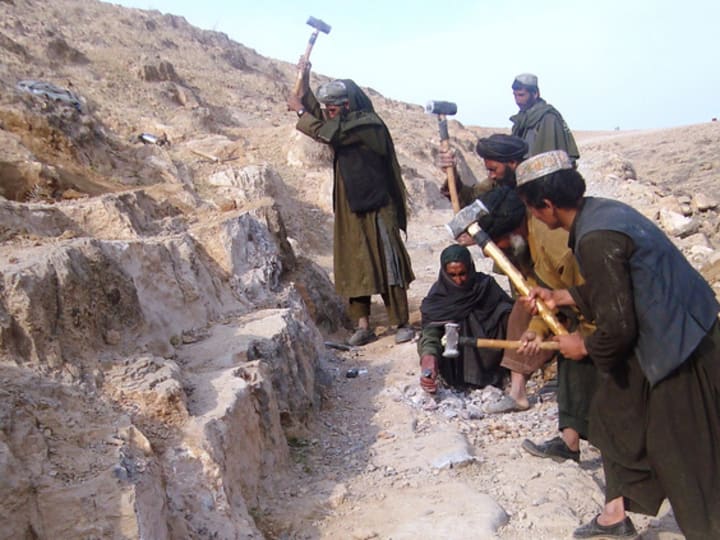
In a rush to show the positive results of U.S. aid to Afghanistan and prop up Afghan President Hamid Karzai’s administration, some U.S. officials and contractors privately admit to channeling more funding into high-profile yet flawed projects.
Despite concerns over ineffectiveness and cost overruns, the U.S. government has increased its financing for least 15 large-scale programs and projects from USD1 billion to nearly USD3 billion, U.S.-based newspaper publisher McClatchy Co. reveals.
For years, U.S. officials in the Islamic nation have imposed “burn-rates” in which the Afghan government or contractors are expected to spend a certain amount of U.S. aid money each year, according to U.S. officials and contractors, who spoke to McClatchy on condition of anonymity.
“As long as you spend money and you can provide a paper trail, that’s a job well done,” said Martine van Bijlert, a co-director of the nonprofit Afghanistan Analysts Network. “It’s a perverse system, and there seems to be no intention to change it.”
Alex Thier, the director of the U.S. Agency for International Development’s office of Afghanistan and Pakistan affairs, has denied such claims. “USAID has always focused on in-country results,” he said.
Thier said USAID has implemented “dramatic steps” to improve the accountability of spending U.S. aid money in the Islamic nation by imposing stricter standards for vetting subcontractors and dividing up contracts.
Meanwhile, Michiel Hofman, who has served as country representative for Doctors Without Borders in Afghanistan, has urged non-governmental organizations in the war-torn nation to work independently from the U.S. Army, NATO allies and Afghan government.
“For sick or wounded Afghans, going to a NATO-run clinic or receiving assistance from groups affiliated with the NATO counterinsurgency (COIN) strategy risks retaliation from the opposition, be they Taliban or other militant groups. Civilians face the same risks from international and Afghan forces if they turn to the opposition for assistance,” Hofman writes in Foreign Policy.
As a result, Afghans put off seeking assistance to prevent being targeted by insurgent groups, according to Hofman.




